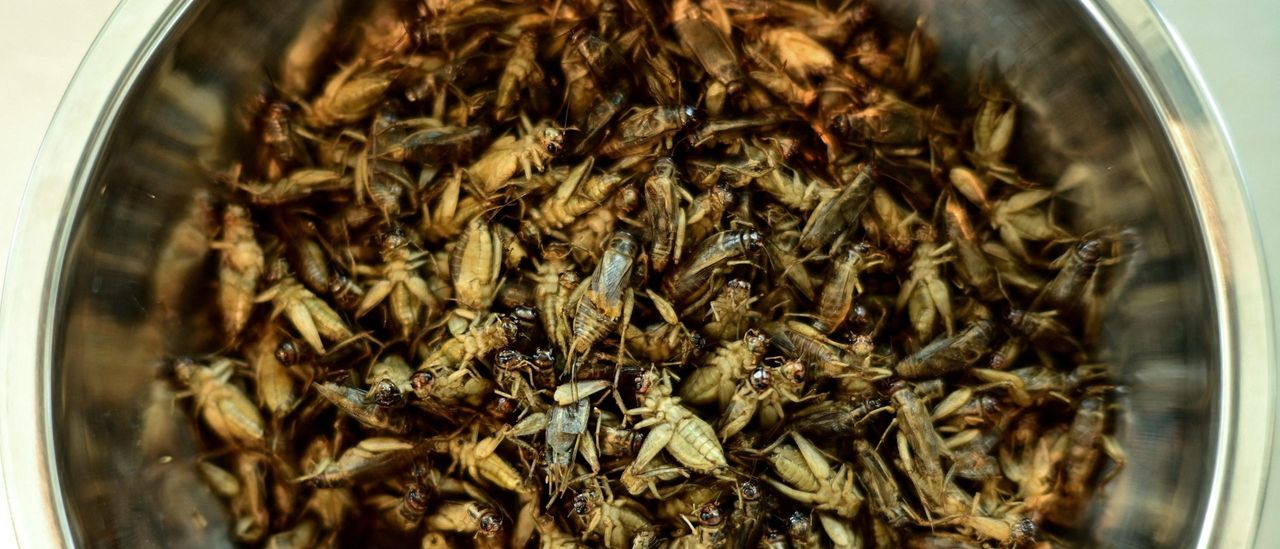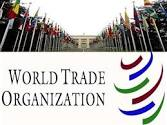U.S. farmers are increasing pressure on the Biden administration to allow vaccinations for...
Biden Administration Shells Out Taxpayer Dollars on Getting Americans to Eat Trash-Fed Bugs

The United States Department of Agriculture (USDA) began funding research into trash-fed crickets as an alternative to conventional and “unsustainable” protein production in July 2023.
The $130,000 grant supports research that addresses the need for more cost-efficient production of crickets as a sustainable protein source. Specifically, the grant will support research into using municipal landfill waste to feed crickets that will later be harvested for human consumption.
USDA awarded the grant to Mighty Cricket Inc., a private firm that sells cricket flour, cricket protein powder and cricket oatmeal. The agency believes that using landfill waste to feed crickets could help the firm “procure cricket feed at lower cost than what is available on the market,” leading to savings that could then be passed along to the consumer.
USDA’s grant listing criticizes traditional animal farming for being too resource-intensive and too harsh on the environment. “Conventional protein production poses a substantial strain on the ecosystem, requiring unsustainable quantities of water, land, and feed as inputs,” the grant description reads. The grant description also calls “conventional” farming a “significant source of greenhouse gas emissions.” It claims that the demand for bug protein has increased in recent years due to “public awareness of the need for more sustainable food sources.”
According to the grant, “to sustain the world’s growing population, food production practices need to dramatically shift towards resource conservation.” And, bug farming is “one solution” to that problem.
Mighty Cricket’s website stresses the environmentally sustainable nature of cricket cultivation, pointing to lower land use, less waste, decreased carbon emissions, less intensive water use and reduced energy consumption, among other things.
Influential organizations like the United Nations and World Economic Forum (WEF) have published materials expressing support for introducing insects into the Western diet.
A 2022 article published by WEF argues that incorporating insects into our diet could be an effective way to combat climate change. Another WEF article, meanwhile, argues that growing global population will heighten the need for new sources of protein, such as insects.
Moreover, a 2013 UN report urged people to begin eating insects to reduce world hunger and pollution.
Insects are, to a limited degree, beginning to catch on in the west. Companies are popping up across Europe, for instance, selling food made from bugs. Examples of insect consumables sold in Europe include cricket chips from Czechia, bug burgers from Germany and beetle beer from Belgium.
EDITOR’S TAKE:
Of all the ways to spend our tax dollars, this could be one that many people might question. Undoubtedly, some people support the concept of alternative sources of protein, i.e. crickets, grasshoppers, etc. Personally, the combination of crickets fed with landfill waste, does not sound appealing to me. Moreover, recent surveys have shown that the vast majority of people, given a choice between a good hamburger and crickets, would choose the former. If we are really serious about solving world hunger, let’s identify ways to save the food we have, distribute it in a timely manner to those who need it and support the farmers/ranchers working to produce it. Crickets don’t purchase trucks – farmers/ranchers do!







